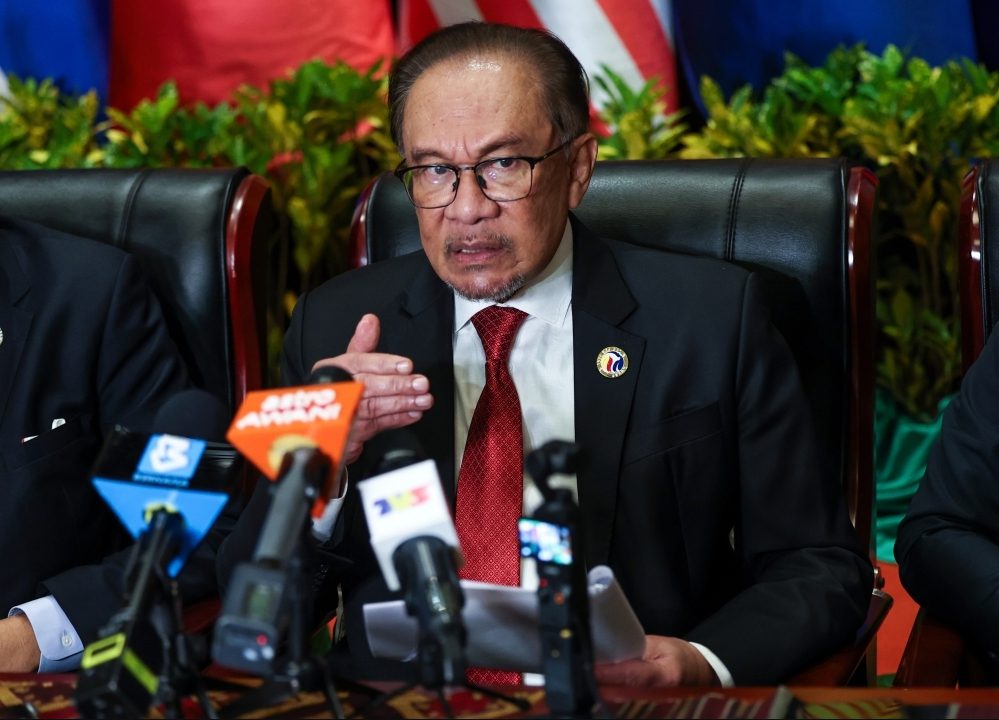The BRICS alliance has invested over 8.54 billion ringgit, equivalent to $2.02 billion, in Malaysia in the first quarter of 2025, according to the latest figures provided by the country’s Ministry of Investment and Trade. The investments are diversified into various sectors to promote Malaysia’s manufacturing sector, green technologies, digital economy, and infrastructure. Investments in the services sector amounted to 270 million ringgit, which is about $63.8 million. Also, 96% of the investments have directly gone to the manufacturing sector.
Also Read: Sri Lanka, Kenya, Panama Snub US Dollar, Take BRICS Loan in Yuan
Malaysia is receiving an influx of investments from BRICS as it is a partner country of the alliance. These projects and investments are estimated to create more than 6,000 jobs in the workforce. “The approved investments between January and March 2025 are expected to create 3,990 job opportunities in the manufacturing sector and 2,837 in the services sector,” said the Ministry.
The investments show great potential in Malaysia, where its economy is predicted to grow between 4.5% to 5.5%. “Malaysia’s participation in BRICS also provides added value in the form of recognition for our role as a progressive and principled country. It opens doors to new markets, strengthens interactions with major economic powers in the Global South,” the ministry said.
Malaysia’s Trade With BRICS Members Increases


The trade and cross-border settlements from Malaysia with BRICS members have increased since 2024. The country has signed various trade deals with China, Russia, and India, strengthening its relationship with the alliance. Prime Minister Anwar Ibrahim aligns with the BRICS ideology and announced plans to gradually increase trading in the local currencies.
Also Read: BRICS Members Refuse to Back Down in US Market Push
Ibrahim had also urged the ASEAN alliance to follow suit and settle payments in local currencies among member nations. Therefore, Malaysia is de-dollarizing via ASEAN and BRICS simultaneously to bolster the prospects of the ringgit and reduce reliance on the US dollar and other currencies like the euro and pound, dominated by the West.





